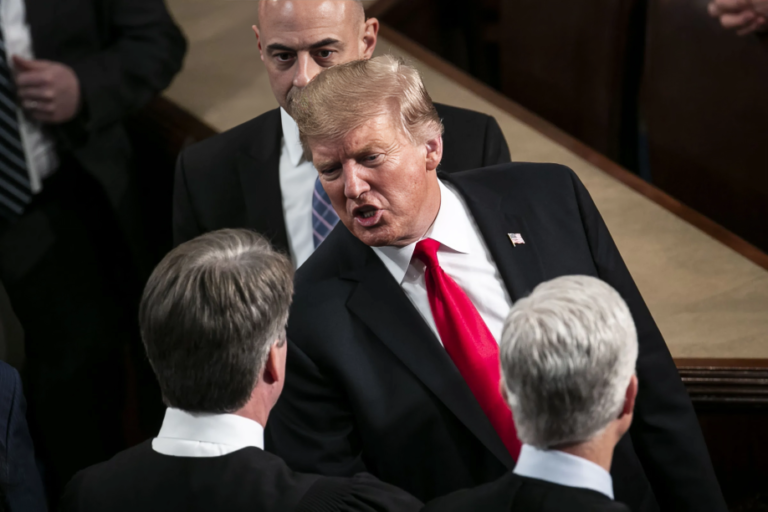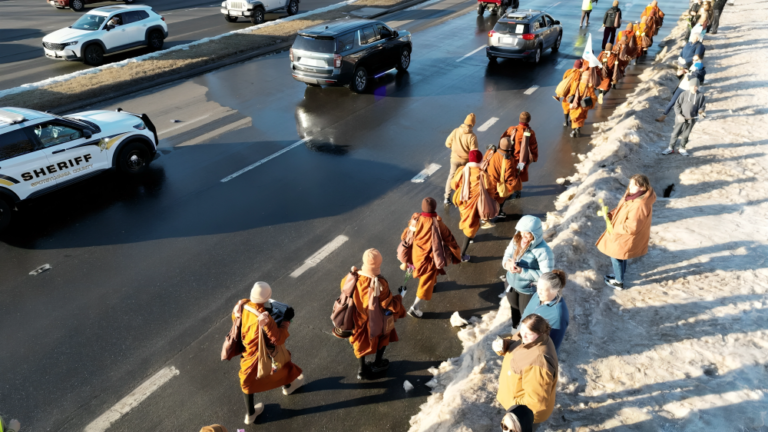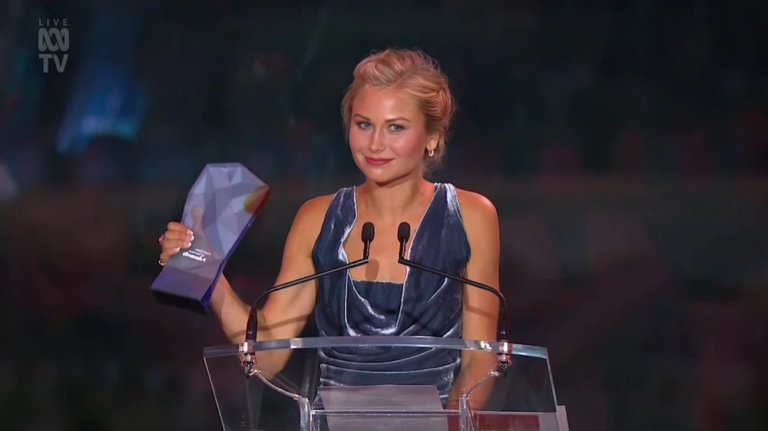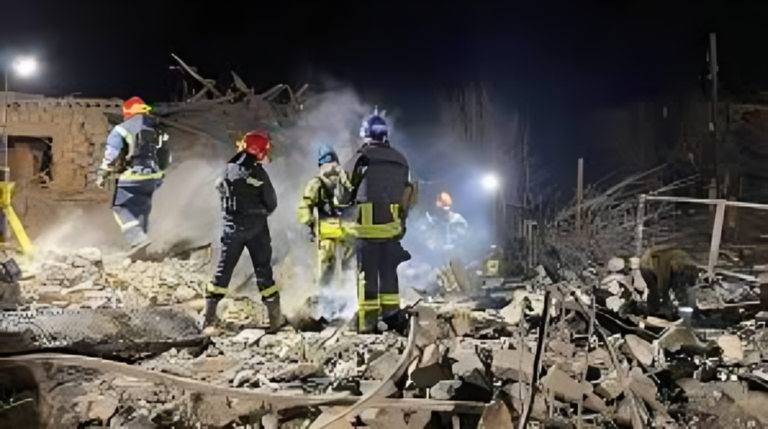According to a report from HTF Market Intelligence, the global sector of sleep tourism is worth more than US$690 billion ($1 trillion) and is projected to grow by another $400 billion between 2023 and 2028, thanks to “the increasing prevalence of sleep disorders and related health issues.”
Hotels have been offering comfy pillows, dark curtains, and masks for years, but some luxury hotel chains, including some in Australia, have taken sleep promotion to the next level. Hobart’s MACq 01 has developed a “sleep suite” that includes weighted blankets, a “sleep improvement menu,” “science-based” lighting, and optimal temperature settings for sleep.
Sleep tourism is a multi-billion-dollar industry, and Australian hotels are jumping on the bandwagon
“People are increasingly prioritizing rest and recovery, and as most of us know, when you’re on vacation and sightseeing, you often don’t have time to rest,” Dr. Miller says to the media.
“This trend may be magnified because returning from vacation often brings with it a need for rest. “However, as sleep scientists, we want to make sure that we are promoting the right principles to the industry and not principles that are not supported by sleep science.

Two days of solid sleep isn’t going to change anything in the long run. It’s not a magic wand.
A 2017 survey by the Australian Sleep Health Foundation found that more than a third of adults don’t get the recommended amount of sleep per night, costing the country $45 billion a year in lost productivity, illness, and depression.
A parliamentary inquiry into sleep health awareness in Australia was conducted in 2018, and the federal government responded last year. He agreed to sleep experts who recommended sleep and was a national priority.













+ There are no comments
Add yours